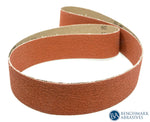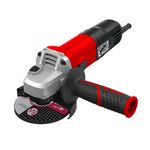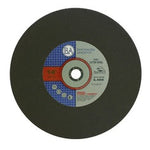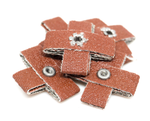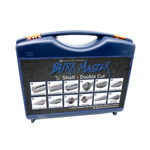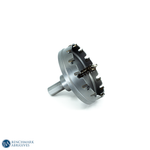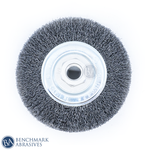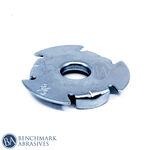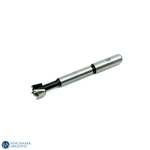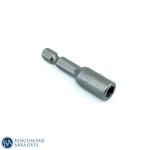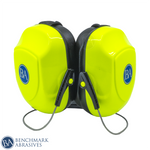
How to Use Thoriated Tungsten Electrodes Safely?

Thorium (Th) is somewhat radioactive with a long half-life and transmits primarily alpha (α) particles, yet infrequently some beta (β) and gamma (γ) radiation are transmitted. Alpha particles can't enter the skin or even paper. Notwithstanding, they are destructive whenever delivered inside the stomach-related lot or inside the lungs, where they go about as a cancer-causing agent.
Thorium oxide is, consequently, a low-level radioactive material that might bring about both a little outside radiation danger and an interior risk from ingestion or inward breath. The outside danger assessed for a welder holding an anode for an entire year is a tiny part of the most extreme allowable radiation portion. It is presumed that the outer radiation peril is probably going to be irrelevant.
How to Use Thoriated Tungsten Electrodes Safely?
Since the radioactive alpha particles in thorium are just a danger to people in case they are breathed in, ingested, or figure out how to work past the skin boundary, the danger of thoriated tungsten electrodes is essentially connected with pounding the tungsten. This danger can be relieved to a degree by taking wellbeing measures during crushing.
Normal security insurances for pounding 2% thoriated tungsten electrodes might include:
- Ventilation: The American Welding Society (AWS) suggests neighborhood exhaust ventilation close to the wellspring of pounding to catch dust. It likewise suggests that this be enhanced with different measures that were considered significant.
- Respiratory Equipment: The AWS likewise recommends the utilization of respiratory security. However, it doesn't give particulars on the structure that respiratory gear should take. It is generally dependent upon the board to choose whether covers or respirators are more fittings.
- Cleaning and Disposal: The Welding Institute (TWI), a British exchange association, suggests that any residue gathered by exhaust ventilation or cleared from the granulating region and any spent tips be put into a fixed holder, checked, and taken to a landfill region.
The security insurances above are genuinely straightforward sound judgment estimates commonly utilized in welding workplaces, even around nonradioactive materials. The main problem, in any case, is that pounding and discarding thoriated tungsten electrodes addresses a possible wellspring of obligation.
In any event, when ventilation and cleaning are noticed and completely performed, it is impossible to be sure that all residue from granulating thoriated tungsten electrodes has been eliminated from a space. The answer for most welders utilizing thoriated tungsten terminals is to abstain from pounding it by requesting tungsten anodes that are pre-ground by the producer in a controlled climate.

